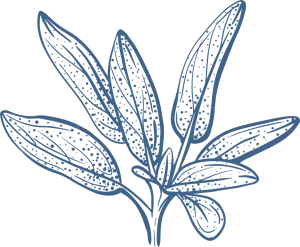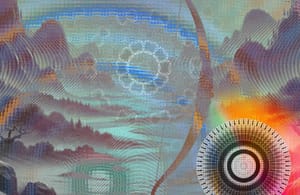The Traditional Chinese Reading Style:
Read vertically from top to bottom and horizontally from right to left. (Desktop view is recommended, but if you're on mobile, please turn to landscape orientation.)
The way of heaven - Version One
May not the Way (or Dao) of Heaven be compared to the (method of) bending a bow? The (part of the bow) which was high is brought low, and what was low is raised up. (So Heaven) diminishes where there is superabundance, and supplements where there is deficiency.
It is the Way of Heaven to diminish superabundance, and to supplement deficiency. It is not so with the way of man. He takes away from those who have not enough to add to his own superabundance. Who can take his own superabundance and therewith serve all under heaven? Only he who is in possession of the Dao!
Therefore the (ruling) sage acts without claiming the results as his; he achieves his merit and does not rest (arrogantly) in it: - he does not wish to display his superiority. [1]
The way of heaven - Version Two
The Tao of heaven is like the bending of a bow. The high is lowered, and the low is raised. If the string is too long, it is shortened; If there is not enough, it is made longer.
The Tao of heaven is to take from those who have too much and give to those who do not have enough. Man's way is different. He takes from those who do not have enough and give to those who already have too much. What man has more than enough and gives it to the world? Only the man of Tao.
Therefore the sage works without recognition. He achieves what has to be done without dwelling on it. He does not try to show his knowledge.[2]
References
- James Legge (1891). Tao Te Ching. Lao Tsu, Chinese Text Project
- Gia-Fu Feng (1972). Tao Te Ching. Lao Tsu

